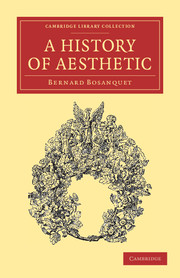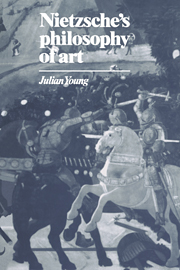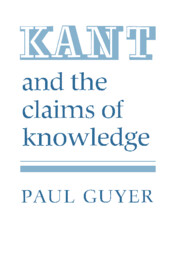A History of Aesthetic
After more than ten years teaching ancient Greek history and philosophy at University College, Oxford, the British philosopher and political theorist Bernard Bosanquet (1848–1923) resigned from his post to spend more time writing. He was particularly interested in contemporary social theory, but he was also concerned with philosophical questions about art and aesthetics. In this area, Bosanquet had been influenced by William Morris (1834–96) and John Ruskin (1819–1900), as well as the German philosopher Hegel (1770–1831), and their ideas underlie this book, published in 1892. Bosanquet considered aesthetic theory to be a branch of philosophy, and this work focuses on the evolution of theories about beauty. He begins by considering influential ancient Greek and Roman concepts before seeking out the aesthetic consciousness of the middle ages. The latter part of the book is concerned with theories from eighteenth- and nineteenth-century philosophers.
Product details
December 2011Paperback
9781108040228
526 pages
216 × 140 × 30 mm
0.66kg
Available
Table of Contents
- Preface
- 1. Proposed treatment, and its connection with the definition of beauty
- 2. The creation of a poetic world, and its first encounter with reflection
- 3. The fundamental outlines of Greek theory concerning the beautiful
- 4. Signs of progress in Greek theory concerning the beautiful
- 5. Alexandrian and Greco-Roman culture to the reign of Constantine the Great
- 6. Some traces of the continuity of the aesthetic consciousness throughout the middle ages
- 7. A comparison of Dante and Shakespeare in respect of some formal characteristics
- 8. The problem of modern aesthetic philosophy
- 9. The data of modern aesthetic philosophy
- 10. Kant - the problem brought to a focus
- 11. The first steps of a concrete synthesis - Schiller and Goethe
- 12. Objective idealism - Schelling and Hegel
- 13. 'Exact' aesthetic in German
- 14. The methodical completion of objective idealism
- 15. Beginnings of a theoretical reunion of content and expression
- Appendix
- Bibliography
- Index.






